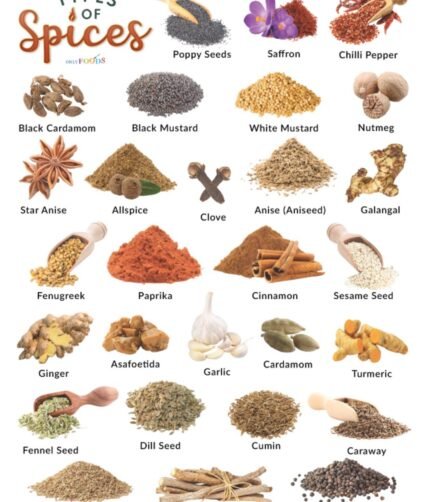The phrase "shaken, not stirred" has been synonymous with James Bond’s martini of choice since its introduction in 1953 by author Ian Fleming. However, this phrase has also taken on a secondary meaning that reefreelscasino-online.com transcends the realm of mixology – it’s become a metaphor for stirring up controversy and drama.
This article delves into the world of social interactions, exploring how some individuals have mastered the art of "shaking not stirring," creating conflict wherever they go. From personal relationships to professional settings, we’ll examine the various ways in which people are able to spark drama without ever directly causing it.
The Art of Provocation
In order to truly master the art of "shaken not stirred," one must first understand the delicate balance between being provocative and being confrontational. It’s a fine line that many walk, often unintentionally causing tension where none existed before.
Take, for instance, the social media influencer who consistently posts content designed to elicit strong reactions from their followers. They might share inflammatory opinions or pictures with thought-provoking captions, all while maintaining an air of innocence and claiming they’re simply "stirring up conversation."
However, those on the receiving end of this behavior often feel genuinely upset by the provocations. They may wonder if the intention behind such actions is truly to spark meaningful discussions or if it’s merely a ploy to garner attention and engagement.
The Psychology Behind Provocation
So what drives individuals to engage in "shaken not stirred" behavior? Is it a desire for control, a need for validation, or something else entirely?
One theory suggests that people who exhibit these traits often struggle with low self-esteem. By stirring up controversy, they may feel a temporary sense of power and importance. This can be especially true in environments where individuals are vying for attention or seeking to establish their position within a group.
Another possible explanation lies in the concept of narcissistic personality disorder. Those who exhibit this condition often engage in manipulative behavior, using others as pawns in their game of one-upmanship. By stirring up drama, they may feel a sense of satisfaction and validation, even if it comes at the expense of those around them.
The Consequences of "Shaken Not Stirred"
While some may argue that "shaking not stirring" is simply a clever way to navigate complex social situations, others contend that this behavior has serious consequences. In both personal and professional settings, relationships can be irreparably damaged when individuals engage in this type of conduct.
Consider the case of an office worker who consistently clashes with their colleagues. By constantly provoking arguments and making inflammatory comments, they create a toxic work environment where everyone feels anxious and stressed. This behavior not only affects productivity but also takes a toll on the mental health of those around them.
In personal relationships, "shaken not stirred" can be particularly destructive. A partner who consistently stirs up drama may lead their significant other to feel trapped and anxious, causing resentment and bitterness over time. In extreme cases, this behavior can even contribute to the breakdown of a relationship or the development of anxiety disorders.
Breaking the Cycle
So how can we break free from the cycle of "shaken not stirred"? The first step is to recognize when we’re engaging in this type of behavior ourselves. Are there certain topics or situations that consistently leave us feeling anxious or upset? Do we find ourselves constantly stirring up controversy, even if it’s unintentional?
Once we’ve identified these patterns, it’s essential to take a step back and reevaluate our approach. Ask yourself: What am I hoping to achieve by engaging in this behavior? Is there a more constructive way to address the issue at hand?
Conclusion
In conclusion, "shaken not stirred" is more than just a catchphrase – it’s a metaphor for the complex dance of social interactions that we engage in every day. While some individuals may have mastered the art of stirring up drama without directly causing it, this behavior has serious consequences.
As we navigate our personal and professional lives, let’s strive to recognize when we’re engaging in "shaken not stirred" behavior. By breaking free from these patterns and adopting a more constructive approach, we can create healthier relationships and a more positive environment for all those around us.
In the words of James Bond himself: "The name is Bond, James Bond." But perhaps it’s time to update his catchphrase to "I’m not stirring, I’m shaking things up – with kindness, compassion, and respect."







